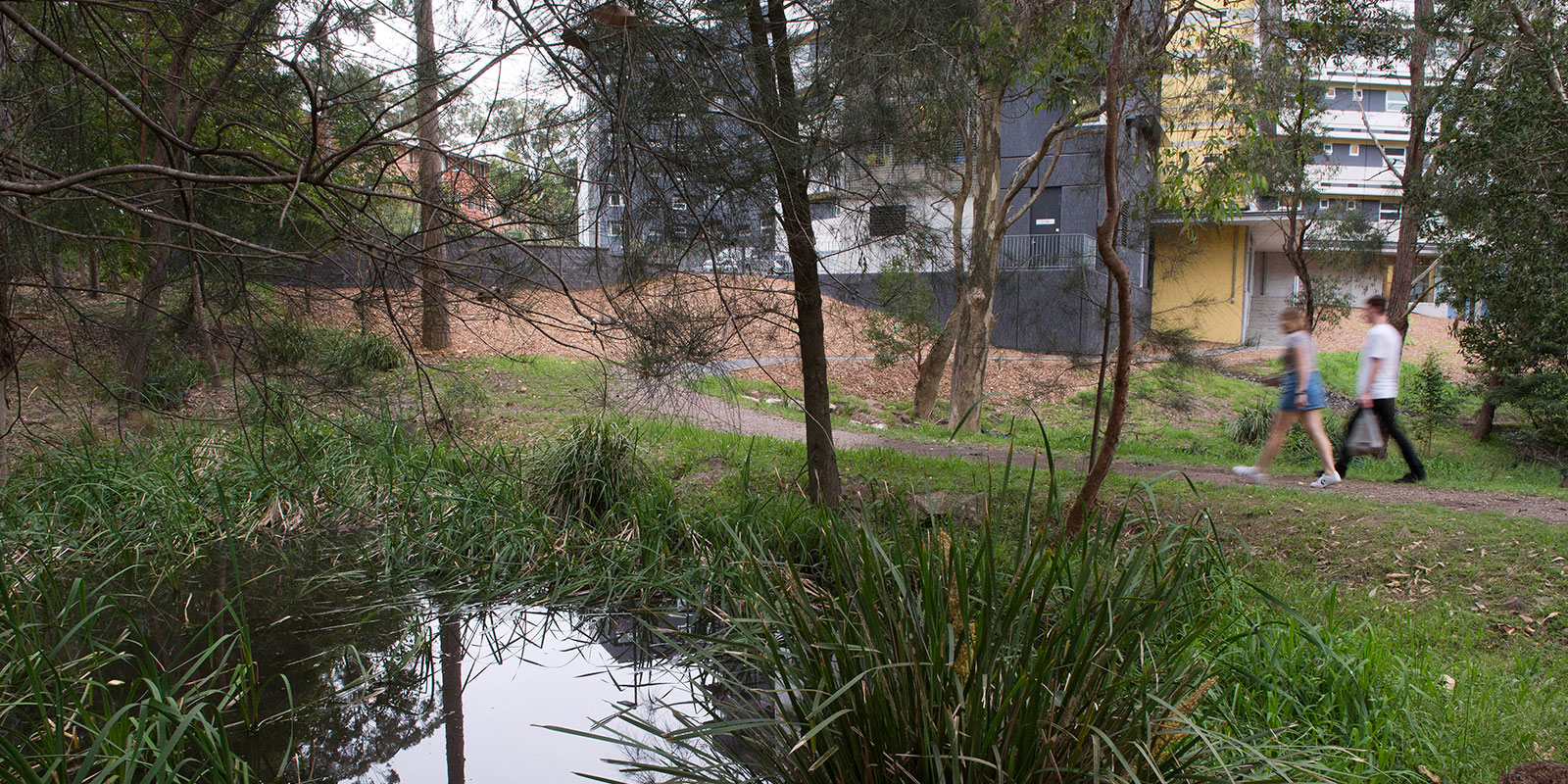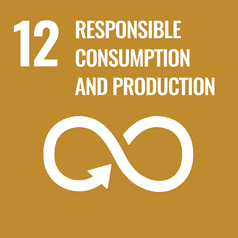

Goal 12:
Responsible Consumption and Production
Disposal Policy: Extensions to Services
At the University of Newcastle, we extend our policies, processes and expectations to outsourced services and supply chains. The Procurement Policy articulates this in its core provisions (notably Section 1.1.c and Section 7, Clauses 15.c.vii, viii, ix, and 16.a,d,e,j) and ensures that suppliers and contractors must comply with ethics, sustainability and social standards as part of their relationship with the University.
Policy basis: procurement coverage of supply chains and outsourced services
Section 1 (Introduction) / Section 1.1.c (Equity & Sustainability across supply chain)
- In Section 1 – Introduction, one of the University’s strategic priorities is Equity, which states that the University supports “fair and equitable treatment of its suppliers via activity that incorporates social, human rights, and environmental considerations into how the University and its supply chain do business across the world.”
- That language explicitly signals that procurement obligations are not limited to direct purchases but extend into the supply chain (i.e. suppliers’ supply chains) and to outsourced services.
Section 7 – “Procurement Principles” & non‑cost criteria applying to suppliers
In Section 7 – Procurement Principles, the policy defines the evaluation criteria and expectations of potential suppliers. Key clauses show how supply chain obligations are embedded:
- Clause 15.c.vii, viii, ix — in the listing of non‑cost factors for supplier evaluation (under Clause 15 “Potential suppliers will be evaluated non‑cost factors including, but not limited to:”) the policy includes:
This means suppliers are judged not solely on cost or technical capacity but also on social, environmental, legal responsibilities — which in practice will require them to demonstrate how they manage their own supply chains and outsourced services against those criteria.
- Clause 16.a, d, e, j — in the clause that governs how value for money is assessed with added non‑cost criteria, the policy states: Together, these require suppliers to carry environmental and social responsibility not just in their direct operations but in their upstream and downstream processes (which includes outsourced services and subcontractors).
Scope clause and monitoring obligations
- Scope (Section 3) — The policy says it “applies to the procurement of all goods and services for the University including capital works and research equipment” regardless of source of funding.
This wide scope means it also applies when services are outsourced — e.g. cleaning, catering, maintenance, IT, waste management — because those are goods or services procured by the University. - Section 9 – Monitoring, Support and Non‑Compliance — The policy states that contract owners are responsible for monitoring supplier performance for continued compliance with Key Procurement Principles.
This implies that the University holds contractors/suppliers accountable, including through agreed KPIs, audits or reporting in contracts with them. - In addition, the policy mentions that Strategic Procurement may evaluate procurement outcomes at the completion or renewal of supply contracts, enabling retrospective assessments of supplier performance in relation to environmental and social criteria.
The policy is built to ensure that outsourced services and supply chains are bound by the same ethical, environmental and legal expectations as direct procurement. This policy was effective from the 15th of September 2023 and was reviewed in March 2025.
Practical implications in 2024
Because these provisions exist, in practice the University exercises them as follows:
- When outsourcing services (e.g. cleaning, catering, facility maintenance), tender or contract documentation must include requirements for the supplier to meet environmental (e.g. recycling, waste minimisation), social (e.g. labour standards, modern slavery), and sustainability commitments consistent with University policy.
- Contract terms often include performance indicators tied to sustainability metrics, supplier audits or reporting obligations, and right of the University to monitor compliance.
- Suppliers’ subcontractors may also be required to adhere to the same standards (i.e. flow‑down clauses), so that obligations cascade through the supply chain.
- At contract renewal or extension, supplier performance on these non‑cost criteria is reviewed (per Strategic Procurement’s evaluation role).
- Procurement strategies often favour suppliers with demonstrated sustainability credentials or certifications, thereby encouraging supply chain transformation (e.g. suppliers who already use low-plastic packaging, use ethically sourced materials, or have strong environmental track records).
- Suppliers are asked to disclose or attest to their policies on social responsibility, environmental impacts, labour practices and supply chain oversight, consistent with the non‑cost evaluation criteria.
When procuring any goods, services or information from third parties or providers the University insists they meet the strict ethical, environmental and legal standards in place within our own organisation.
Our commitment to sustainability insists we lead by example. By incorporating best practice Environmentally Sustainable Design (ESD) principles in the development and operation of our sites and campuses and extends to the use of sustainable supply chains and purchasing choices.
The University of Newcastle acknowledges the traditional custodians of the lands within our footprint areas: Awabakal, Darkinjung, Biripai, Worimi, Wonnarua, and Eora Nations. We also pay respect to the wisdom of our Elders past and present.